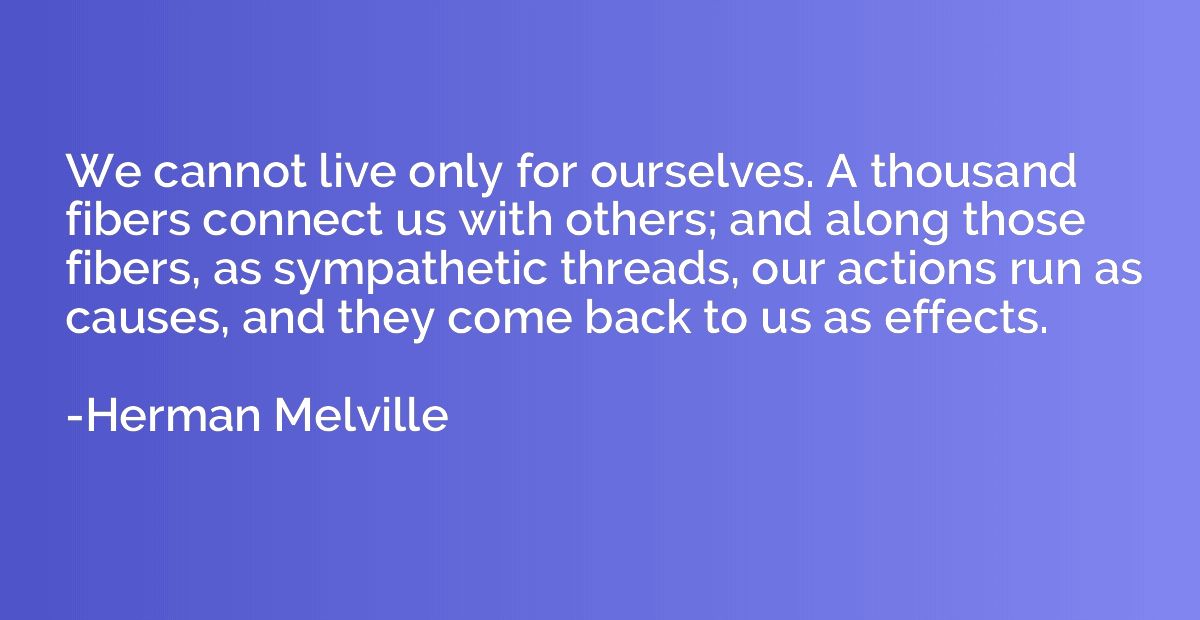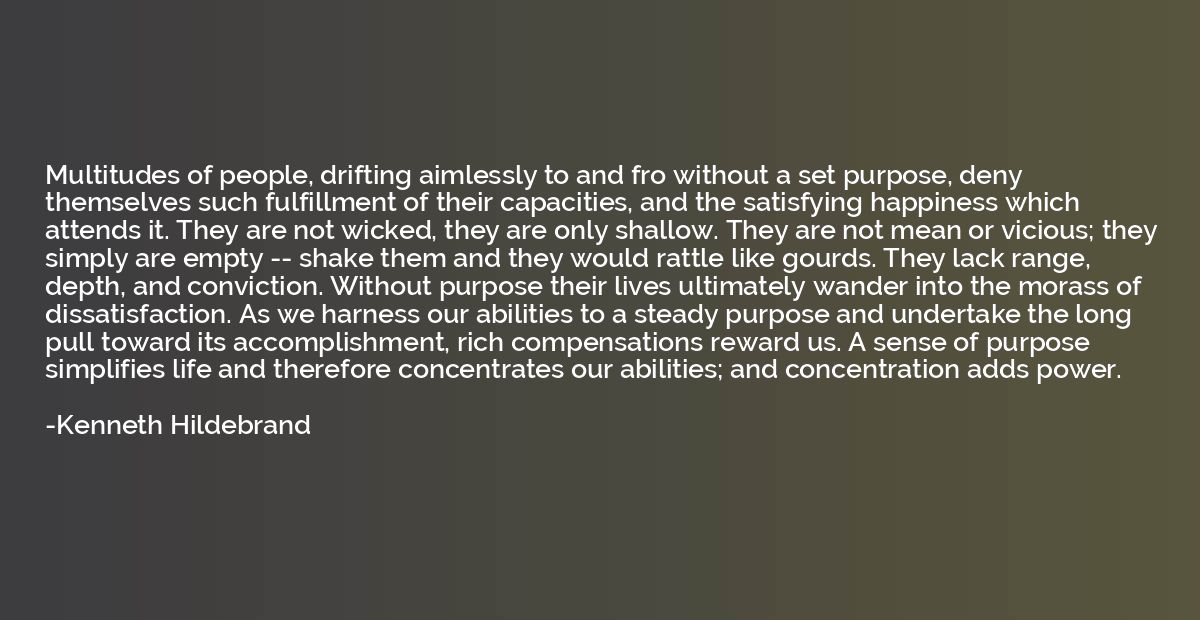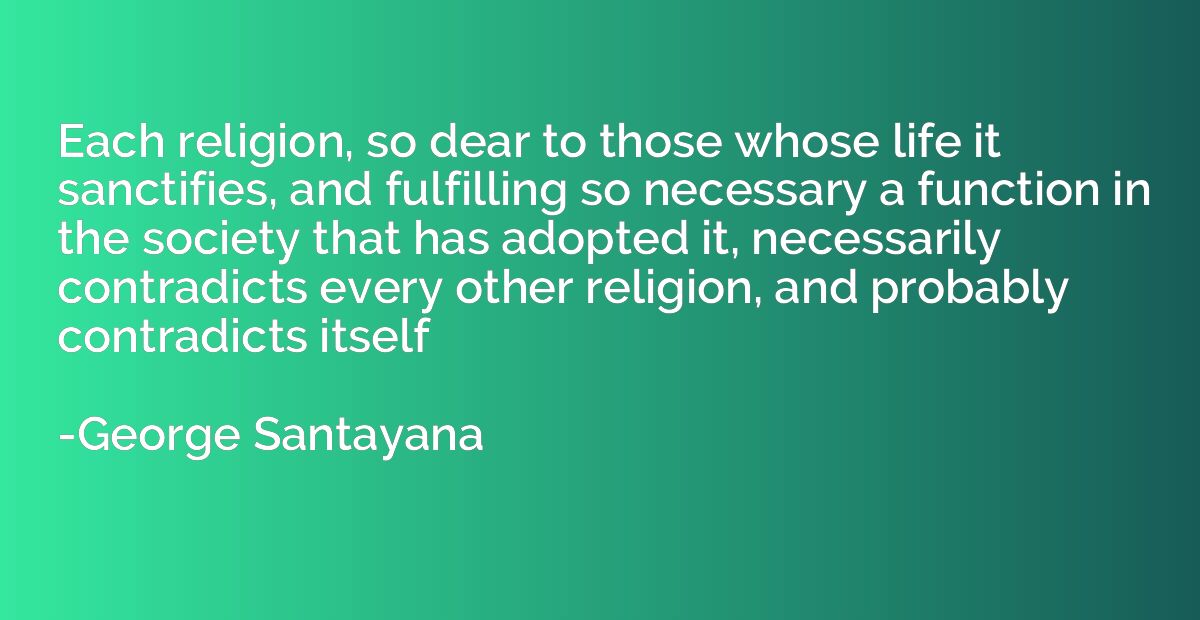Quote by Herman Melville
We cannot live only for ourselves. A thousand fibers connect us with others; and along those fibers, as sympathetic threads, our actions run as causes, and they come back to us as effects.

Summary
This quote emphasizes the interconnectedness of human beings and the ripple effects of our actions. It suggests that our lives are not isolated or self-contained, but intertwined with the lives of others. The "fibers" symbolize the invisible ties that bind us together, and our actions are portrayed as threads running through these connections. It reminds us that our choices and behaviors can have consequences that reverberate throughout society, ultimately returning to impact our own lives. In essence, the quote underscores the importance of considering the collective well-being and the potential consequences of our actions.














